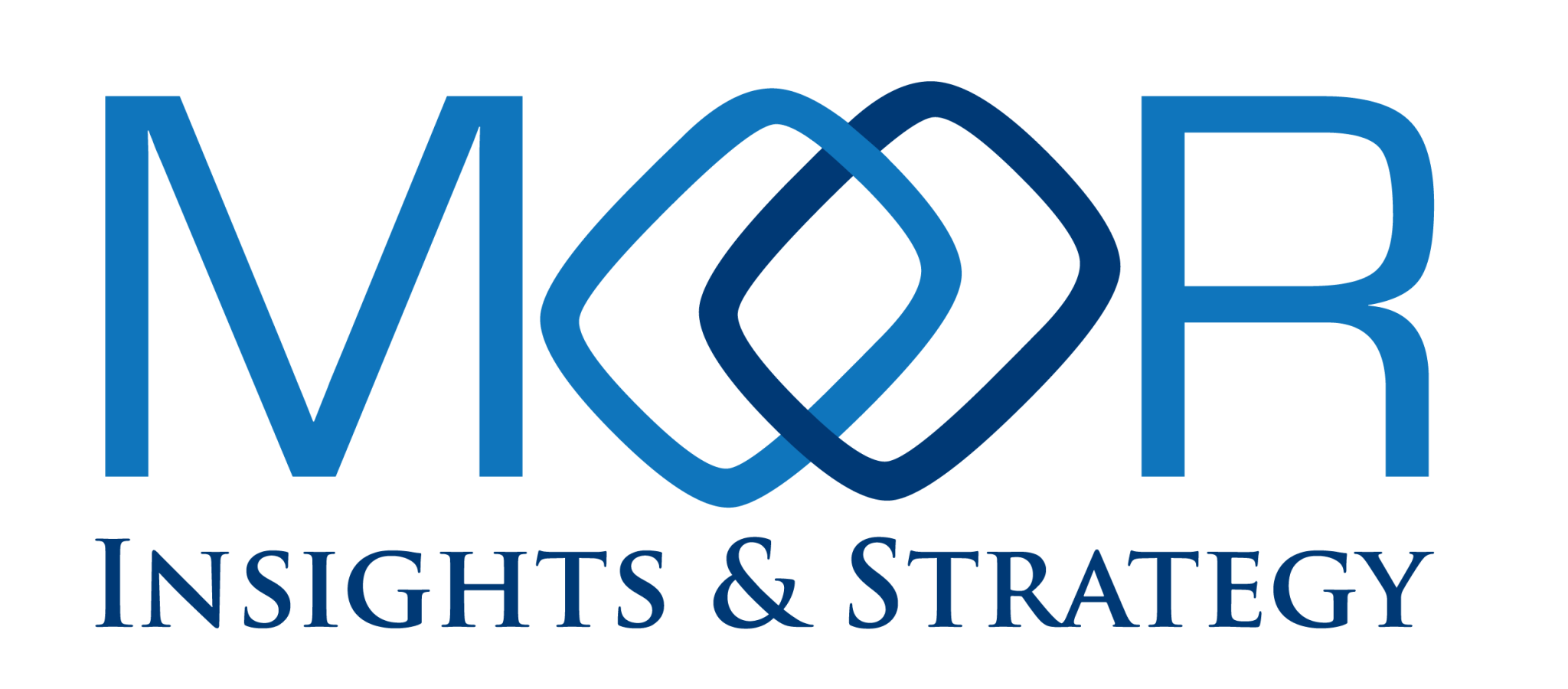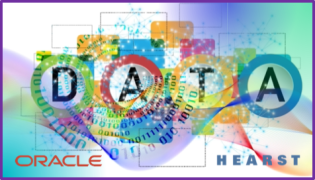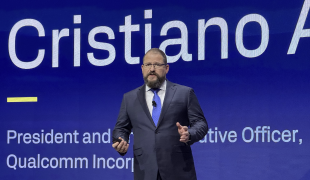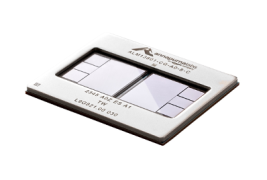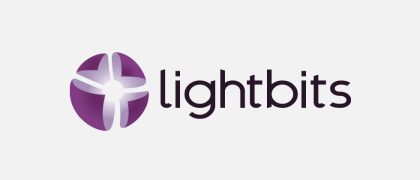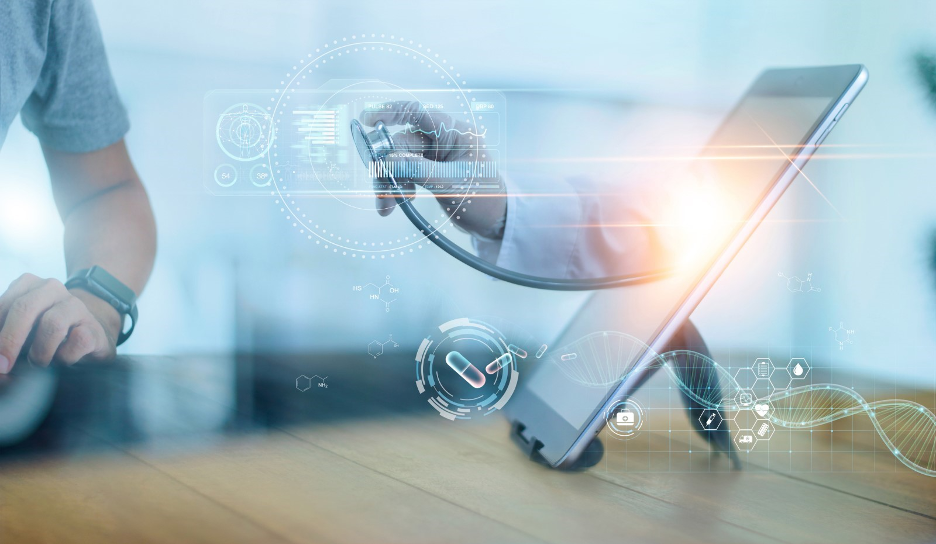
An ongoing digital, data, and AI transformation in healthcare is rapidly gaining momentum as caregivers and patients look to improve outcomes on multiple levels. According to World Economic Forum data, the healthcare industry will surpass all other fields by generating 30% of the world’s data over the next seven years. Effectively using all this data holds the promise of delivering superior and more efficient treatments for patients while freeing up scarce resources within already burdened healthcare systems.
In this context, last week RingCentral announced new integrations in its unified patient care solution for healthcare organizations worldwide. These include pre-built integrations with major electronic health record (EHR) providers such as Epic, Cerner, and AllScripts. The company also announced a partnership with patient engagement software platform SpinSci.
RingCentral’s integrations with EHR systems aim to address common issues in patient engagement, complex administration, care delivery, and quality of patient information. RingCentral’s Patient Assist feature monitors interactions between patients and healthcare providers to simplify the care process. The solution uses generative AI (GAI) to enhance the flow of communication in critical care situations by providing cognitive insights, automating common inquiries, and surfacing relevant data. RingCentral’s solution also helps support appointment scheduling and follow-ups.
Stopping the Communication Bleed
Maintaining patient information and health records is crucial in healthcare, especially for critical aspects such as pre-existing conditions, drug allergies, and prescription history. In a call center environment, solutions like RingCentral’s can empower agents to provide faster, more detailed support by surfacing the patient’s name, reason for the call, and important medical record details without needing to ask too many questions or toggle through numerous applications.
This is about more than convenience or call-center efficiency. In a CRICO Strategies study, medical safety experts determined that more than 7,000 out of 23,000 medical malpractice cases they evaluated arose because of communication breakdowns. These lapses led to $1.7 billion in malpractice costs and nearly 2,000 avoidable deaths. Another investigation by Joint Commission International revealed that 80% of significant medical errors stem from miscommunication among caregivers during patient handovers. These are the sorts of problems that RingCentral hopes to address with its medical communications offerings.
Expanding RingCentral’s Footprint in the Healthcare Market
The healthcare communications market is fast-growing, driven by technological advancements and the need for enhanced communication within healthcare. According to Vantage Market Research, the global clinical communication and collaboration market stood at $2.1 billion in 2021. Vantage Market Research says it will reach $5.2 billion by 2028.
Over the past 18 months, RingCentral has added more than 500 new healthcare customers across small, midsize, and large enterprise segments. Beyond the announcements made last week, RingCentral works with health organizations, including pharmacies and telehealth providers, to use communications channels to better store, access, and utilize data. For example, one of RingCentral’s solutions includes information portals designed to give patients easier access to insurance coverage data so they can more easily understand their cost of care. Another is RingCentral’s Fax and SMS APIs, which save short-staffed pharmacies time by digitally pulling faxes into patient case management systems and automatically sending patients updates on the status of their prescriptions.
According to the company, healthcare customers that use its communications offerings see a 46% increase in staff productivity, a 53% increase in staff satisfaction, and a 42% increase in patient satisfaction. RingCentral has especially focused on ways to improve staff productivity and satisfaction. These are issues that all companies in the healthcare sector should prioritize, given the shortage of frontline health workers and the widespread burnout issues that have set in since the start of the pandemic.
RingCentral says that companies choose its healthcare solution partly because of its reputation for delivering consistent 99.999% uptime, which is crucial in healthcare situations. RingCentral’s healthcare solution is an open platform with comprehensive APIs, security- and privacy-by-design standards, and various certifications such as HIPAA (Health Insurance Portability and Accountability Act) and HITRUST (Health Information Trust Alliance).
My Analyst Insight
Value-based healthcare depends significantly on using data and analytics to assess patient outcomes and factors that influence cost. RingCentral’s unified care solution should significantly streamline communication in critical healthcare situations. Integrating with major EHR systems and harnessing AI capabilities are essential steps for providing the most accurate and context-aware information possible—ultimately enhancing patient care. The solution’s abilities to break down silos, help clinicians triage with speed, and offer insights into operational efficiencies are vital in situations where inaccurate or insufficient data could be dangerous or even deadly.
RingCentral has made several important product announcements in the past year-plus, with pronounced attention to customer experience that I think sets them apart from competitors. The company has also demonstrated a sharp focus on prioritizing system connectivity and leveraging data to create more personalized customer journeys—which are not merely convenient but medically important when applied in the healthcare space.
RingCentral’s move into healthcare communication positions the company to make a real impact on improving overall healthcare experiences and outcomes. It also has the potential to grow the company’s business significantly. Effectively harnessing and connecting massive pools of healthcare data to improve healthcare communications—and, therefore, the lives of patients and frontline workers—will be the key to realizing substantial benefits.
